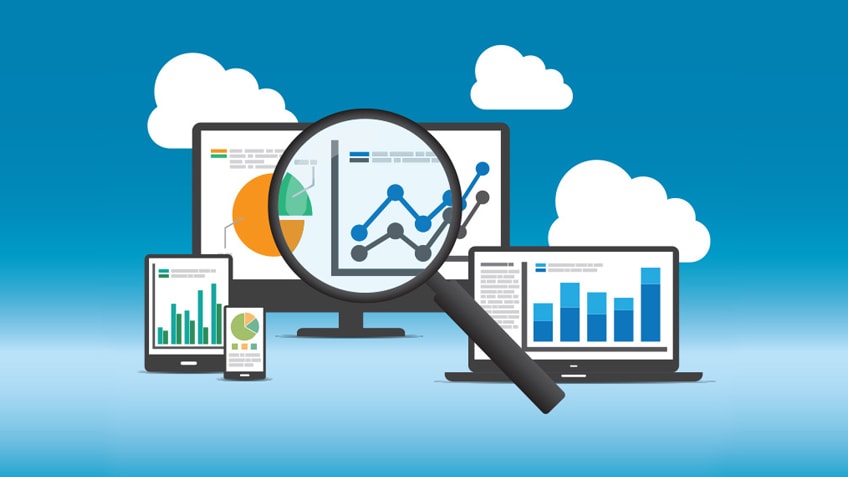When developing a business website, optimizing the experience for your customer (and, therefore, the business) must be a priority at all times. Website analytics will enable you to do this in style, thus boosting your hopes of increased awareness, traffic, and conversions.
As a part of your wider ecommerce analytics strategy, website analytics will take the performance of your online marketing strategies to a whole new level. Boost Reporting’s ecommerce analytics dashboard provides all the tools needed to unlock its full potential.
What is web analytics?
In its most basic definition, web analytics is the process of measuring data to gain a deeper understanding of how web users are interacting with your site.
It uses automated ecommerce tracking and data analysis to measure a wide range of metrics, including but not limited to;
- The number of visitors to your site,
- Traffic sources (search engine, PPCs, links, etc.),
- How long a user spends on the site,
- Which pages they visit,
- The bounce rate of each page.
Web analytics can subsequently be used to measure key performance indicators (KPIs) and to spot user trends. For example, you can see which pathways are most likely to bring conversions while also discovering which external digital marketing campaigns are generating the most traffic.
The web analytics process explained
To use ecommerce tracking and web analytics tools, it will be necessary to choose the right ecommerce analytics platform. The best solutions allow you to track a plethora of different metrics while presenting the information clearly, which enables web developers to place added focus on ideas that are working and improve areas that aren’t.
Web analytics works by adding a snippet of JavaScript to the web page’s coding. This is known as a tag and will track each visit to the website while using cookies to confirm repeat visits from the same browser and IP address. Web analytics will track data like the location, device type, and browser type as well as the actions that they take.
The ecommerce tracking will follow the user through their journey on your website, from the first page they visit to the conversion and beyond. Data is collated and subsequently shown in the ecommerce analytics dashboard, where filters and categories can be used to gain an even clearer image of how the website is performing.
Does your website need analytics?
If you fail to measure the performance of your website and digital marketing strategies, you’ll never know how they perform. Consequently, then, it will be impossible to ever establish the best campaigns. In short, the statistical data should remove the guesswork, allowing you to make calculated decisions that satisfy users, search engines, and your bottom line.
Website analytics allow you to accurately track the effectiveness of all web pages and marketing funnels. As such, you will be able to;
- Point more users to the landing pages and webpages that perform best,
- Identify which pages cause users to leave your site (and then update them),
- Spend more of your budget on ad campaigns that deliver results,
- Understand whether any KPIs like site speed are failing,
- Identify any contrasts between website and mobile browser performance.
Completing the same processes and expecting the same results is the definition of madness. Thankfully, with the right ecommerce tracking and web analytics tools, you will build a better website.
In turn, that will deliver more traffic, improved SEO, and a better UX while also boosting your confidence in all future web development tasks.
